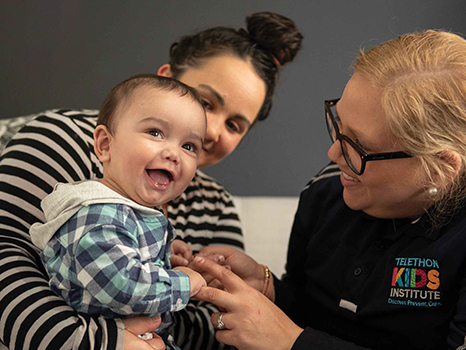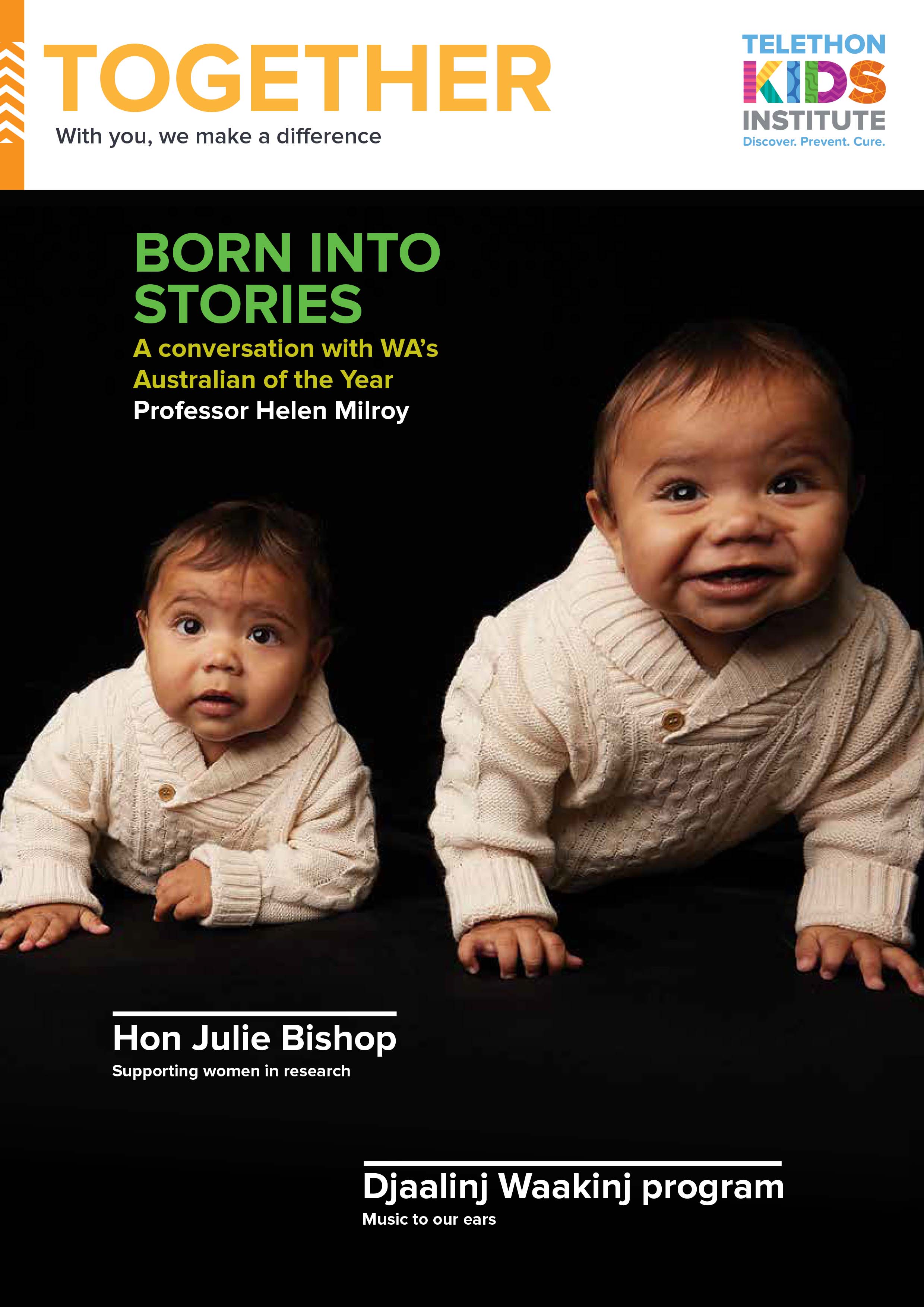Search

News & Events
Meet Shanara - STARS Award RecipientShanara Quartermaine has just received 2022Supporting Training of Aboriginal Researchers & Staff (STARS) Capacity Building Funding Award.



Research
CRISPR-Cas9-generated PTCHD1 2489T>G stem cells recapitulate patient phenotype when undergoing neural inductionAn estimated 3.5%-5.9% of the global population live with rare diseases, and approximately 80% of these diseases have a genetic cause. Rare genetic diseases are difficult to diagnose, with some affected individuals experiencing diagnostic delays of 5-30 years. Next-generation sequencing has improved clinical diagnostic rates to 33%-48%. In a majority of cases, novel variants potentially causing the disease are discovered.
Research
Longitudinal effects of dog ownership, dog acquisition, and dog loss on children’s movement behaviours: findings from the PLAYCE cohort studyRegular physical activity is important for children's physical and mental health, yet many children do not achieve recommended amounts of physical activity. Dog ownership has been associated with increased physical activity in children, however, there have been no longitudinal studies examining this relationship.
Research
Jelly snakes to reduce early postoperative vomiting in children after adenotonsillectomy: The randomized controlled snakes trialDespite the use of dual antiemetic agents, postoperative nausea and vomiting (PONV) occurs in an unacceptably large number of patients post-tonsillectomy. There has been increased interest in alternative and non-pharmacological treatments for PONV e.g., chewing gum. We investigated if chewing a large confectionary jelly snake had prophylactic antiemetic effects postoperatively in young children.
Research
Prevalence of Eating Disorder Symptoms in Transgender and Gender Diverse Adolescents Presenting for Gender-Affirming CareTo describe the prevalence of eating disorder symptoms among adolescents seeking gender-affirming care.
Research
A Maximum Entropy Model of the Distribution of Dengue Serotype in MexicoPathogen strain diversity is an important driver of the trajectory of epidemics. The role of bioclimatic factors on the spatial distribution of dengue virus serotypes has, however, not been previously studied. Hence, we developed municipality-scale environmental suitability maps for the four dengue virus serotypes using maximum entropy modeling.
Research
Diagnostic services for developmental coordination disorder: Gaps and opportunities identified by parentsAffecting one in 20 children, Developmental Coordination Disorder (DCD) is a common neurodevelopmental disorder impacting a child's ability to learn motor skills. Despite its high prevalence, DCD is under-recognized and under-diagnosed, causing unnecessary frustration and stress for families who are seeking help for their child. This study aimed to understand how parents procure diagnostic services and their perspectives on needed supports and services to improve early identification and diagnosis of DCD.
